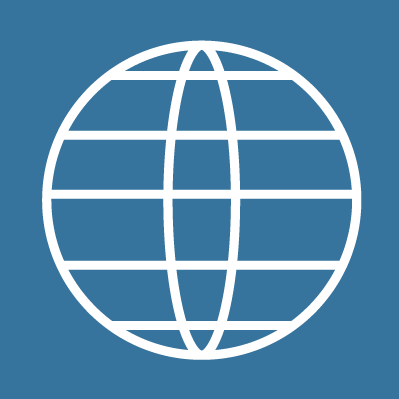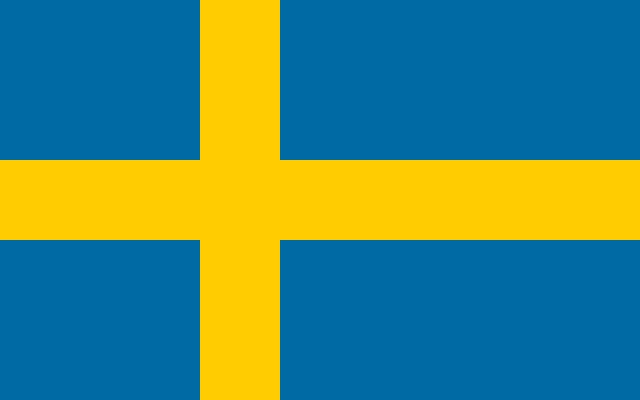December 6, 2022
Open data standards are crucial in overcoming health and social care challenges
With almost 30 years of experience developing IT systems for health and social care information and e-health applications behind us, and with the majority of Sweden’s 21 regional administrations among our customers, Cambio has a solid vantage point from which to discern that health and social care digitalisation now stands on the brink of a true paradigm shift.
After a slow start, an increasing number of care processes have now gone digital. The time has come for us to reap the fruits of digitalisation – to benefit from all the data and knowledge it generates. The Swedish government’s recent Tidö Agreement likewise acknowledges this watershed moment in its mandate that health data be made accessible throughout the care continuum for all care, regardless of its type or the authority responsible for providing it.
Sweden has taken an essential step towards this goal in passing a new law on integrated health and social care documentation (Lagen om sammanhållen vård- och omsorgsdokumentation), to be enacted on 1 January 2023. And yet, one principal obstacle remains: currently, access to patient information is both restricted by, and its flow highly dependent on, the applications used to record it, which are provided by commercial IT companies. At best, this situation results in a fragmented view of a patient’s status. At worst, it gives a fatally flawed picture of their health and makes it impossible for care providers to gain a complete overview of their status in each instance where care is provided.
The time has come for care providers to demand that the IT industry grant free and unhindered access to information to benefit the health and social care system, patients and the community at large, and in line with the Tidö Agreement’s mandate. Cambio has chosen to call this new, fair and equal approach “sustainable information management”.
By this, we mean that health data must be open, standardised and stored on an open platform, independent of the application used to record them. This approach would allow everyone in the care ecosystem surrounding a patient to work from the same information, regardless of which apps or systems they use or where, how, when and by whom the information was entered. Moreover, it would mean that the oncologist, the molecular researcher and the home nursing service could all use custom solutions specially designed for their particular needs without losing access to information created elsewhere.
Unfortunately, this is not the case today. Care providers currently use various digital systems based on non-standardised data models, which only lock users in and make them dependent on specific solutions to access their information. When information is shared at all, much of what is most valuable about the data can be lost in the transfer. What remains is a far cry from the rich data collected at different times and places during a patient’s previous interactions with care providers.
Given the current situation, care providers cannot afford to wait any longer to use the opportunities that technology provides. It is high time that we fully use the enormous resource that health and social care data comprises when managed sustainably. Some of the obvious benefits include the following:
- Improved patient safety and better quality of care thanks to more comprehensive patient information.
- Less administration for already hard-pressed care practitioners since they can avoid needing to enter data twice when information naturally follows the patient instead of the application.
- Free access to information will allow patients to play a more active role in their care thanks to a greater range of available e-health and self-monitoring services.
- Researchers can leverage large amounts of data and monitor health trends over time and across national borders.
It is regrettable to admit that our industry, the IT industry, has thus far failed to make sufficient progress when it comes to using open information models. We perceive that health and social care stakeholders stand ready to embrace the value created by open data standards and sustainable information management. What’s more, standards and models for information management and organisations responsible for their oversight are already established, such as Fast Healthcare Interoperability Resources (FHIR) and openEHR.
As a major provider of e-health solutions in the Nordic region, Cambio wishes to lobby for free access to information. In the long run, we believe that the boost that open data will give health and social care digitalisation will benefit everyone, including IT companies.
The Tidö Agreement has now put the question of free access to health data on Sweden’s political agenda. To make this vision a reality, we urge health and social care stakeholders – regional administrations and private and municipal care providers – to demand that their IT service providers unlock the door to data. Sweden and the entire region have an opportunity to position ourselves at the forefront of sustainable information management and open data standards in the health and social care sector. Major care providers have made significant progress in recalibrating their mindsets and strategies to accommodate this new paradigm in information management and open data. Now is the time to actualise this modern approach to health data by making sustainable information management a requirement when procuring systems and solutions.
Tomas Mora-Morrison, Co-founder & Board Member, Cambio Healthcare Systems
Rami Avidan, CEO, Cambio Healthcare Systems





